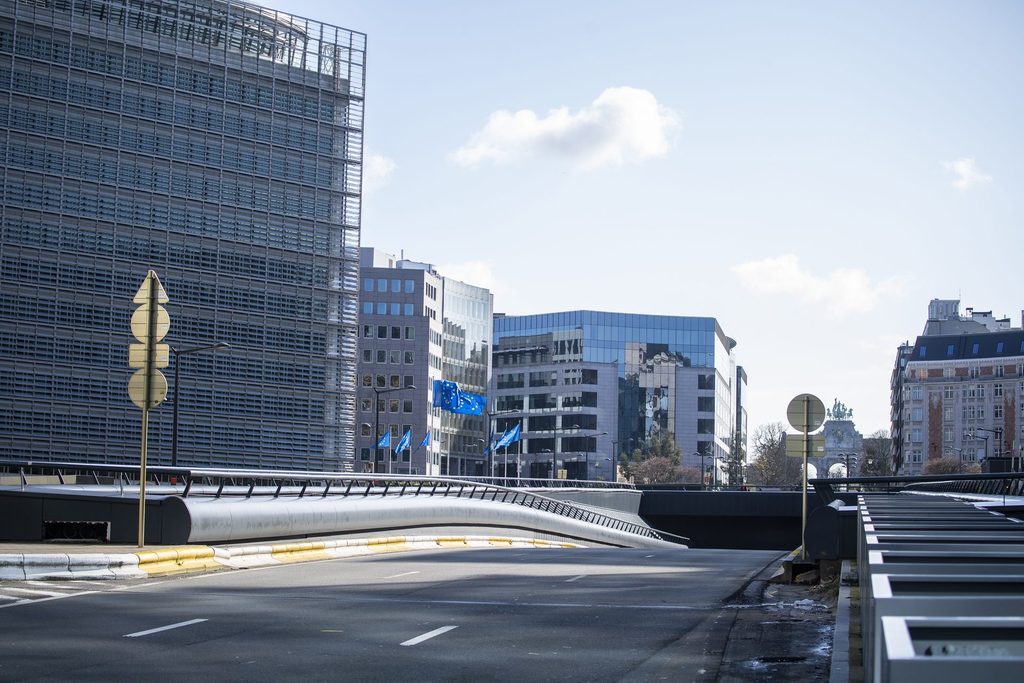Business growth in the eurozone virtually stagnated this month, as the bloc's economic woes show no sign of abating despite falling energy costs.
According to a flash estimate published by S&P Global on Friday, recent data "points to renewed weakness" in the eurozone's economy, with services activity stalling and manufacturing output continuing to contract throughout the currency union.
"Inflows of new orders fell for the first time since January, employment growth slowed and future output expectations also deteriorated," the report noted.
The report explained that a major cause for concern was France, the EU's second-largest economy, which recorded a "broad-based" drop in output in services and manufacturing following a series of recent strikes.
It also noted that Germany, the eurozone's largest economy, is currently experiencing an "increasingly severe manufacturing downturn... accompanied by slower service sector growth".
A 'difficult year' ahead
According to Dr Cyrus de la Rubia, Chief Economist at Hamburg Commercial Bank, the data strongly suggests that the eurozone, which is already in a technical recession, could conceivably suffer an overall contraction in the second quarter this year.
"After Eurozone GDP fell for the second time in a row in the first quarter, the probability has increased somewhat that the GDP change will again carry a negative sign in the current quarter, due in part to weak services activity in France," he said.
Moreover, de la Rubia noted that, even if the eurozone does not continue to suffer a technical recession, its overall economic prospects remain bleak.
Related News
- Eurozone slips into recession due to high food and energy prices
- Not there yet: ECB hikes interest rates to highest levels in 22 years
"Even if our baseline scenario of slightly positive Eurozone growth in the second quarter still becomes reality, the downward trend... points to a difficult second half of the year as companies across all sectors face deteriorating order books," he said.
Indeed – and as the report itself suggests – the likelihood of the bloc's persistent contraction over the rest of the year is further exacerbated by the prospect of additional interest rate hikes by the European Central Bank (ECB), which has already raised rates eight times in the past eleven months in its attempt to curb Europe's soaring inflation rate.
Upon announcing the Bank's most recent hike last week, ECB President Christine Lagarde stated that it is "very likely" that the ECB will also increase rates at its next meeting in July.
"Are we done? Have we finished the journey? No," Lagarde said. "We are not at our destination. Do we still have ground to cover? Yes."

